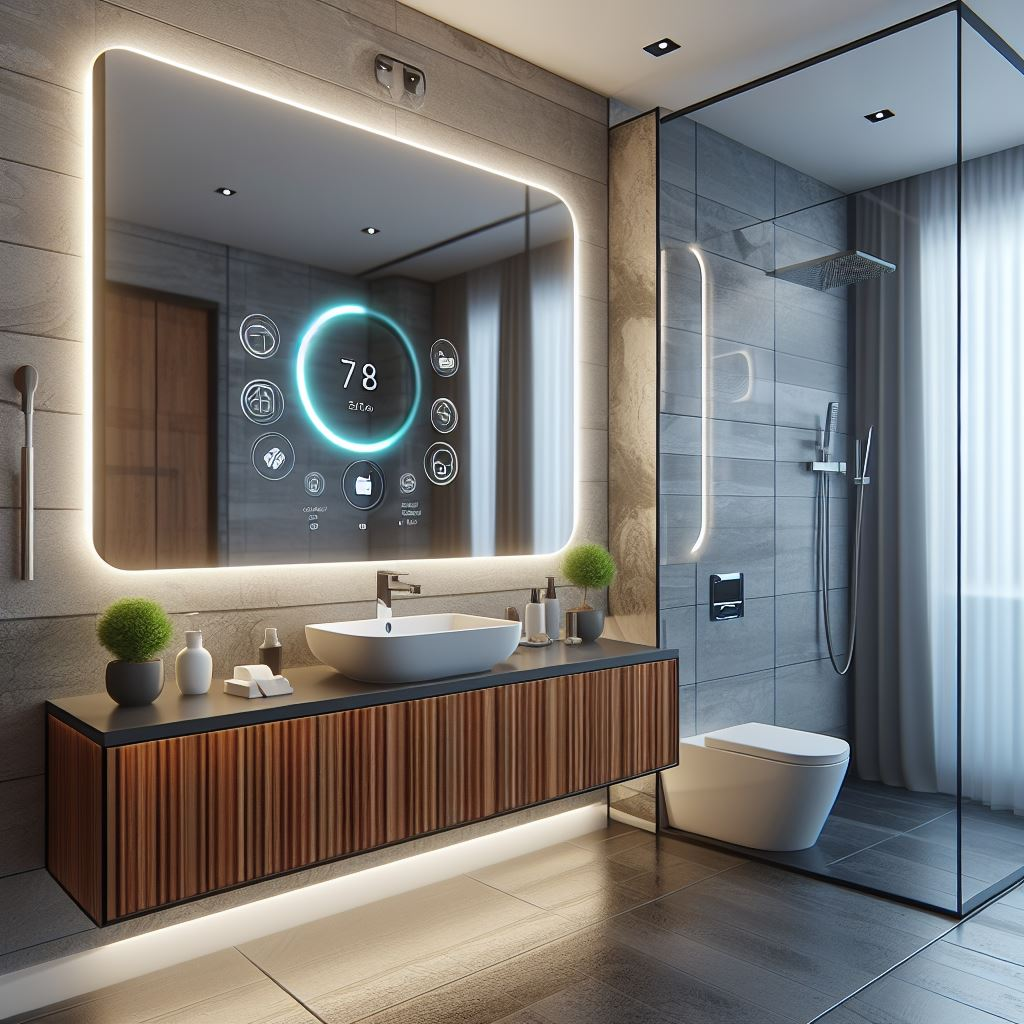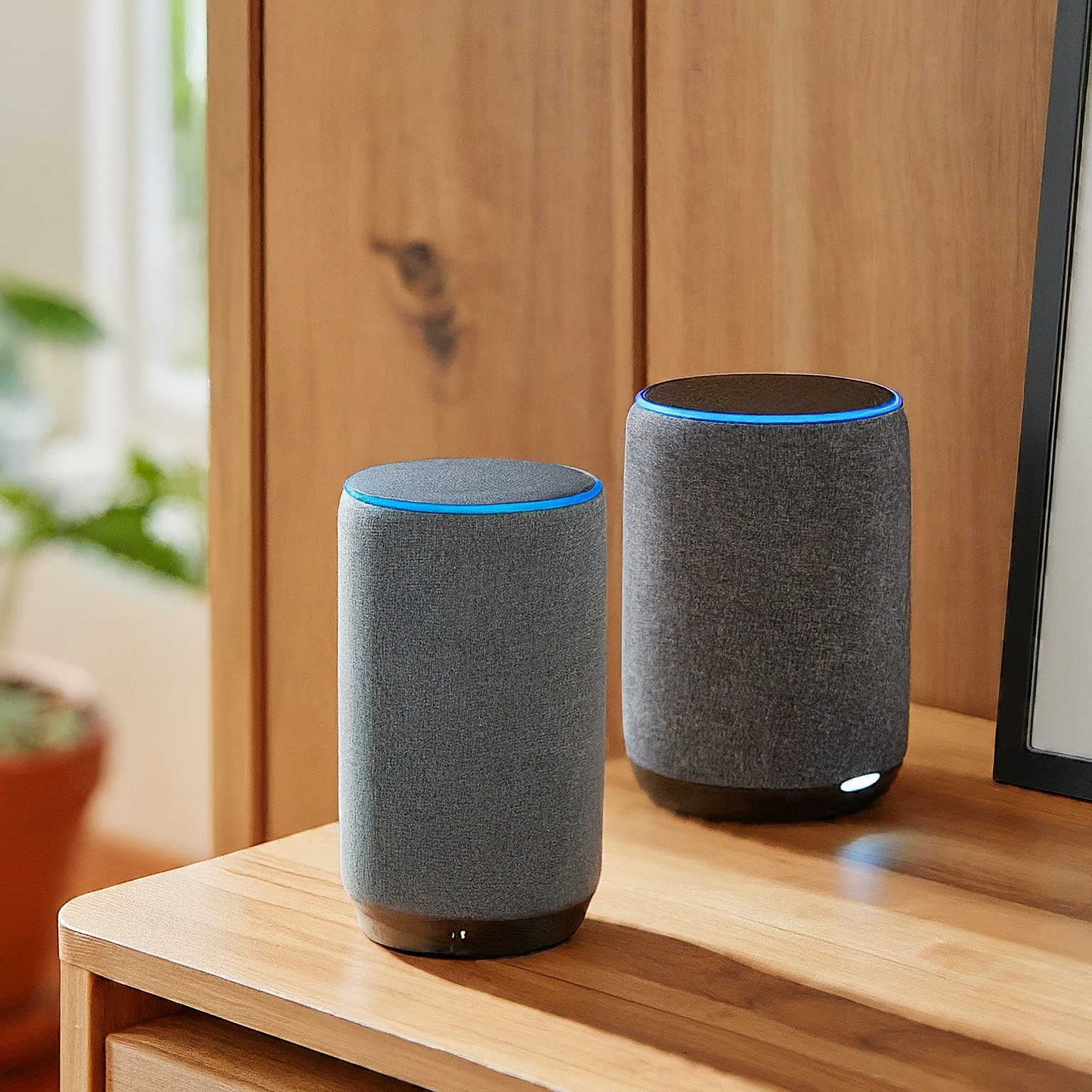About the Author:
John Miller is a seasoned business consultant with over 15 years of experience helping companies adapt and thrive in an ever-evolving market. John is passionate about the intersection of technology and business strategy, and believes smart homes represent a significant opportunity for forward-thinking businesses.
Engaging Your Customers in a Smarter Way
The concept of a “smart home” is no longer science fiction. Homes equipped with interconnected devices, voice assistants, and automated systems are rapidly becoming the norm. This explosive growth signifies a fundamental shift in consumer behavior and presents a unique opportunity for businesses to reach customers in a smarter way.

Unveiling the Benefits: How Smart Homes Can Help Businesses
So, how exactly can smart homes contribute to business growth? Let’s explore some key benefits:
- Enhanced Customer Targeting: Smart home devices collect valuable data on user preferences, habits, and energy consumption. Businesses can leverage this data to personalize marketing campaigns, develop targeted product offerings, and predict future consumer trends.
- Improved Convenience and Customer Service: Imagine a scenario where customers can seamlessly interact with your business through their smart home devices. This opens doors for innovative customer service solutions, such as scheduling appointments, placing orders, or receiving real-time support – all through voice commands or smart home interfaces.
- Streamlined Operations and Increased Efficiency: Smart homes can be integrated with business management systems, allowing for automated tasks and improved operational efficiency. Businesses can optimize energy usage, remotely monitor equipment performance, and even schedule preventative maintenance – all through smart home technology.
A Comparative Look: Traditional vs. Smart Home-Centric Strategies
Here’s a table outlining the key differences between traditional marketing strategies and those that leverage smart home technology:
| Feature | Traditional Strategy | Smart Home-Centric Strategy |
|---|---|---|
| Customer Targeting | Broad demographic targeting | Personalized targeting based on smart home data |
| Customer Interaction | Limited channels (phone, email, website) | Seamless interaction through voice assistants and smart home apps |
| Operational Efficiency | Manual or semi-automated tasks | Automated tasks and remote monitoring |

Examples in Action: How Businesses are Embracing Smart Homes
Several businesses are already pioneering the use of smart home technology to gain a competitive advantage. Here are a few inspiring examples:
- Energy Companies: Offering smart thermostats and appliances that allow customers to optimize energy usage and receive personalized energy-saving recommendations.
- Retailers: Developing voice-activated shopping experiences where customers can order groceries or household items directly through their smart home devices.
- Security Companies: Providing smart home security systems that integrate with a company’s existing monitoring infrastructure, offering a more comprehensive and convenient security solution for customers.
Getting Started: Your Smart Home Business Blueprint
The prospect of integrating your business with smart home technology can seem daunting. Here are some actionable steps to get you started:
- Identify Your Target Audience: Who are your ideal customers, and what type of smart home devices do they likely use?
- Explore Partnership Opportunities: Collaborate with smart home device manufacturers or platforms to develop a seamless customer experience.
- Prioritize Data Security and Privacy: Ensure your smart home solutions comply with data security regulations and prioritize user privacy.
- Focus on User-Friendliness: Make sure your smart home integration is easy to set up and use for your customers.
The Future is Smart: Embrace the Change
The smart home revolution is upon us, and businesses that embrace this technology will be well-positioned for success in the coming years. By understanding the opportunities and taking proactive steps, your business can leverage the power of smart homes to enhance customer experiences, streamline operations, and gain a competitive edge in the modern market.










